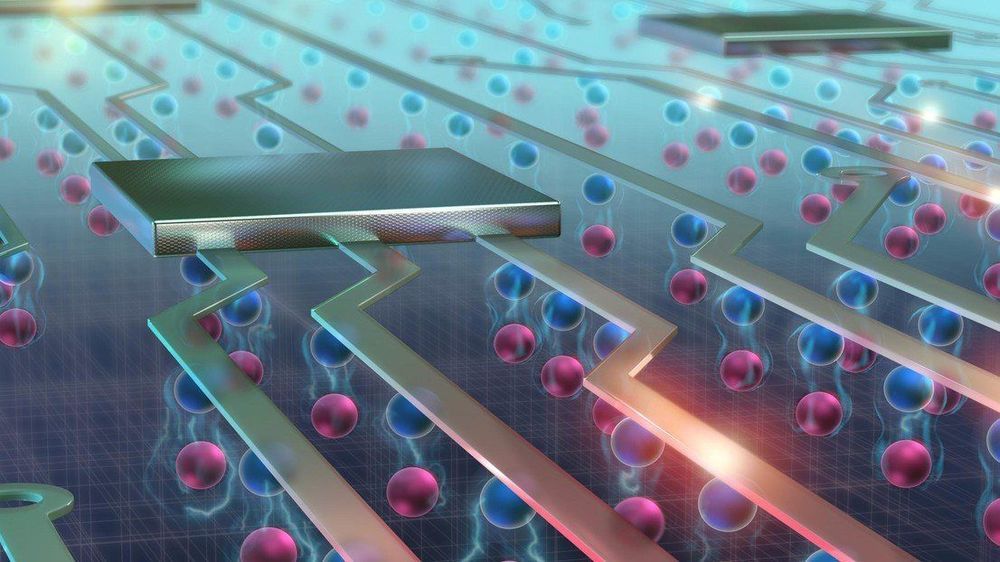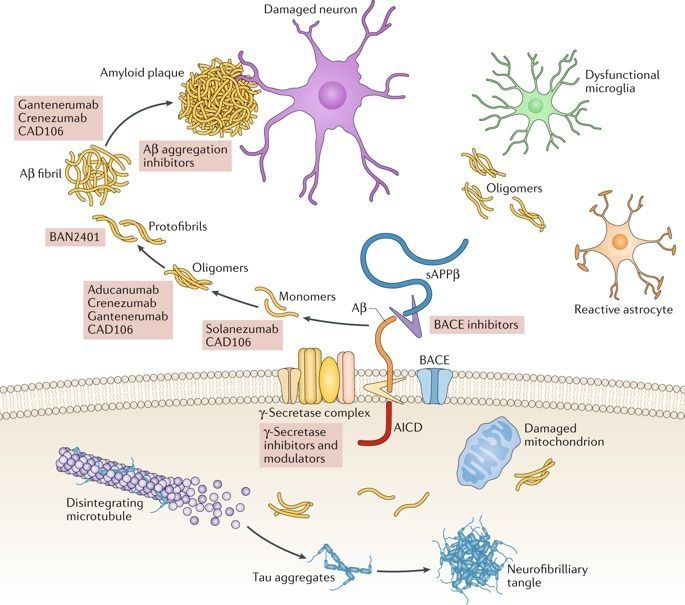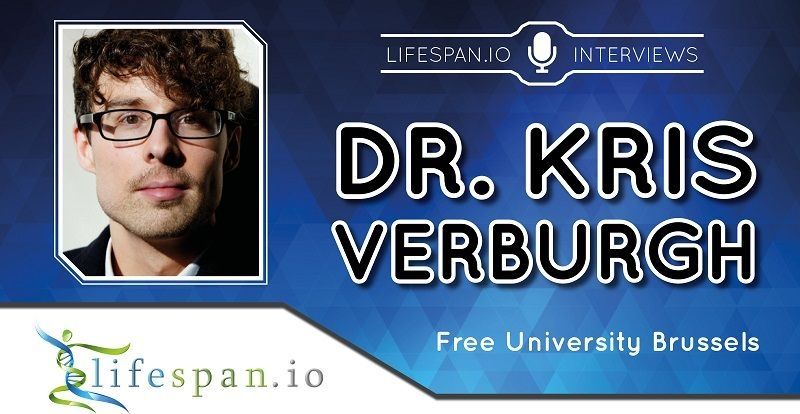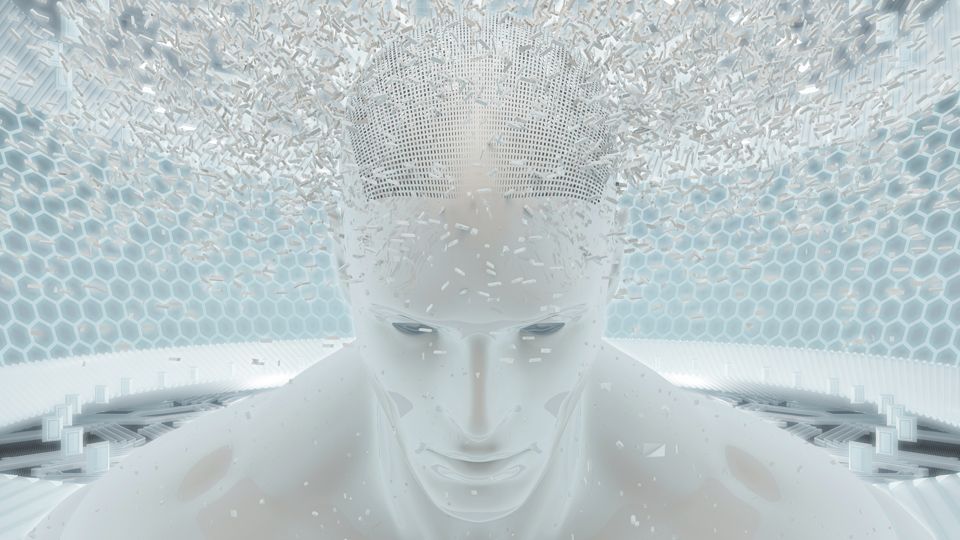Researchers are tearing up the biology rule books by trying to construct cells from scratch. A special issue explores the lessons being learnt about life. Researchers are tearing up the biology rule books by trying to construct cells from scratch. A special issue explores the lessons being learnt about life.
Page 9176
Jan 4, 2019
There Are Plants and Animals on the Moon Now (Because of China)
Posted by Alberto Lao in categories: food, space
China’s Chang’e-4 lander contains a living experiment that could lay the groundwork for agriculture at its future lunar base.
Jan 4, 2019
Wireless ‘pacemaker for the brain’ could be new standard treatment for neurological disorders
Posted by Victoria Generao in categories: biotech/medical, neuroscience
A new neurostimulator developed by engineers at UC Berkeley can listen to and stimulate electric current in the brain at the same time, potentially delivering fine-tuned treatments to patients with diseases like epilepsy and Parkinson’s.
The device, named the WAND, works like a “pacemaker for the brain,” monitoring the brain’s electrical activity and delivering electrical stimulation if it detects something amiss.
These devices can be extremely effective at preventing debilitating tremors or seizures in patients with a variety of neurological conditions. But the electrical signatures that precede a seizure or tremor can be extremely subtle, and the frequency and strength of electrical stimulation required to prevent them is equally touchy. It can take years of small adjustments by doctors before the devices provide optimal treatment.
Jan 4, 2019
Advancement of artificial intelligence opens health data privacy to attack
Posted by Victoria Generao in categories: health, mobile phones, robotics/AI
New UC Berkeley study suggests that AI makes it easy to mine mobile phones and fitness trackers for health information, even data the user has deleted.
Jan 4, 2019
Excitons pave the way to higher-performance electronics
Posted by Genevieve Klien in categories: computing, nanotechnology, quantum physics
After developing a method to control exciton flows at room temperature, EPFL scientists have discovered new properties of these quasiparticles that can lead to more energy-efficient electronic devices.
They were the first to control exciton flows at room temperature. And now, the team of scientists from EPFL’s Laboratory of Nanoscale Electronics and Structures (LANES) has taken their technology one step further. They have found a way to control some of the properties of excitons and change the polarization of the light they generate. This can lead to a new generation of electronic devices with transistors that undergo less energy loss and heat dissipation. The scientists’ discovery forms part of a new field of research called valleytronics and has just been published in Nature Photonics.
Excitons are created when an electron absorbs light and moves into a higher energy level, or “energy band” as they are called in solid quantum physics. This excited electron leaves behind an “electron hole” in its previous energy band. And because the electron has a negative charge and the hole a positive charge, the two are bound together by an electrostatic force called a Coulomb force. It’s this electron-electron hole pair that is referred to as an exciton.
Continue reading “Excitons pave the way to higher-performance electronics” »
Jan 4, 2019
The Five Ways The Universe Might End
Posted by Genevieve Klien in categories: cosmology, futurism
Everything we know can be traced back to the Big Bang, and before that, cosmic inflation. But what if we look to the future?
Jan 4, 2019
A critical appraisal of amyloid-β-targeting therapies for Alzheimer disease
Posted by Genevieve Klien in categories: biotech/medical, neuroscience
Brain accumulation of the amyloid-β (Aβ) peptide is believed to be the initial event in the Alzheimer disease (AD) process. Aβ accumulation begins 15–20 years before clinical symptoms occur, mainly owing to defective brain clearance of the peptide. Over the past 20 years, we have seen intensive efforts to decrease the levels of Aβ monomers, oligomers, aggregates and plaques using compounds that decrease production, antagonize aggregation or increase brain clearance of Aβ. Unfortunately, these approaches have failed to show clinical benefit in large clinical trials involving patients with mild to moderate AD. Clinical trials in patients at earlier stages of the disease are ongoing, but the initial results have not been clinically impressive. Efforts are now being directed against Aβ oligomers, the most neurotoxic molecular species, and monoclonal antibodies directed against these oligomers are producing encouraging results. However, Aβ oligomers are in equilibrium with both monomeric and aggregated species; thus, previous drugs that efficiently removed monomeric Aβ or Aβ plaques should have produced clinical benefits. In patients with sporadic AD, Aβ accumulation could be a reactive compensatory response to neuronal damage of unknown cause, and alternative strategies, including interference with modifiable risk factors, might be needed to defeat this devastating disease.
Jan 4, 2019
Clearing Old Cells from Mouse Brains Lowered Signs of Anxiety
Posted by Genevieve Klien in category: neuroscience
Jan 4, 2019
An Interview with Dr. Kris Verburgh, M.D
Posted by Steve Hill in categories: biotech/medical, life extension, robotics/AI
At the Fourth Eurosymposium on Healthy Ageing, which was held in Brussels last November, Elena and I met Dr. Kris Verburgh, a medical doctor who is especially interested in biogerontology and the potential of this field of study to turn medicine on its head.
Dr. Verburgh is only about 33 years old and has already written several science books—one of which, written when he was only 16, made him the youngest science author in Europe. Another prominent interest of his is nutrition, which he believes is one of the best, if not the best, ways we currently have to slow down the march of aging and buy ourselves more time to live until the rejuvenation age; his latest book, The Longevity Code, is centered around this topic.
Dr. Verburgh is also a strong supporter of the idea that AI will play a more and more important role in research, leading the way to a not-too-far age of personalized medicine—this was one of the theses he touched upon during the panel in which he participated at EHA.
A look at the tech modifying and enhancing the human body and possibly leading us to a cyborg future.


















